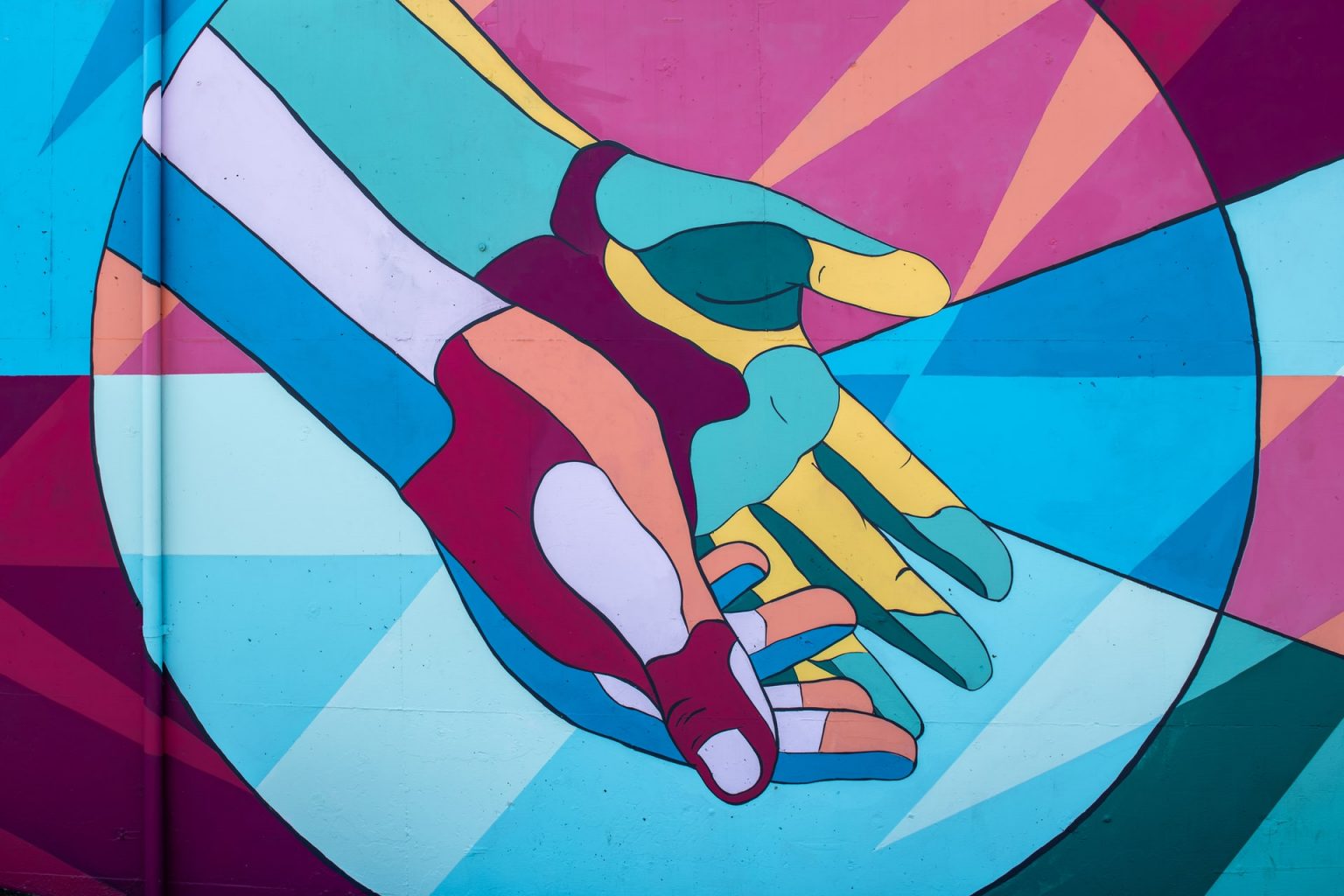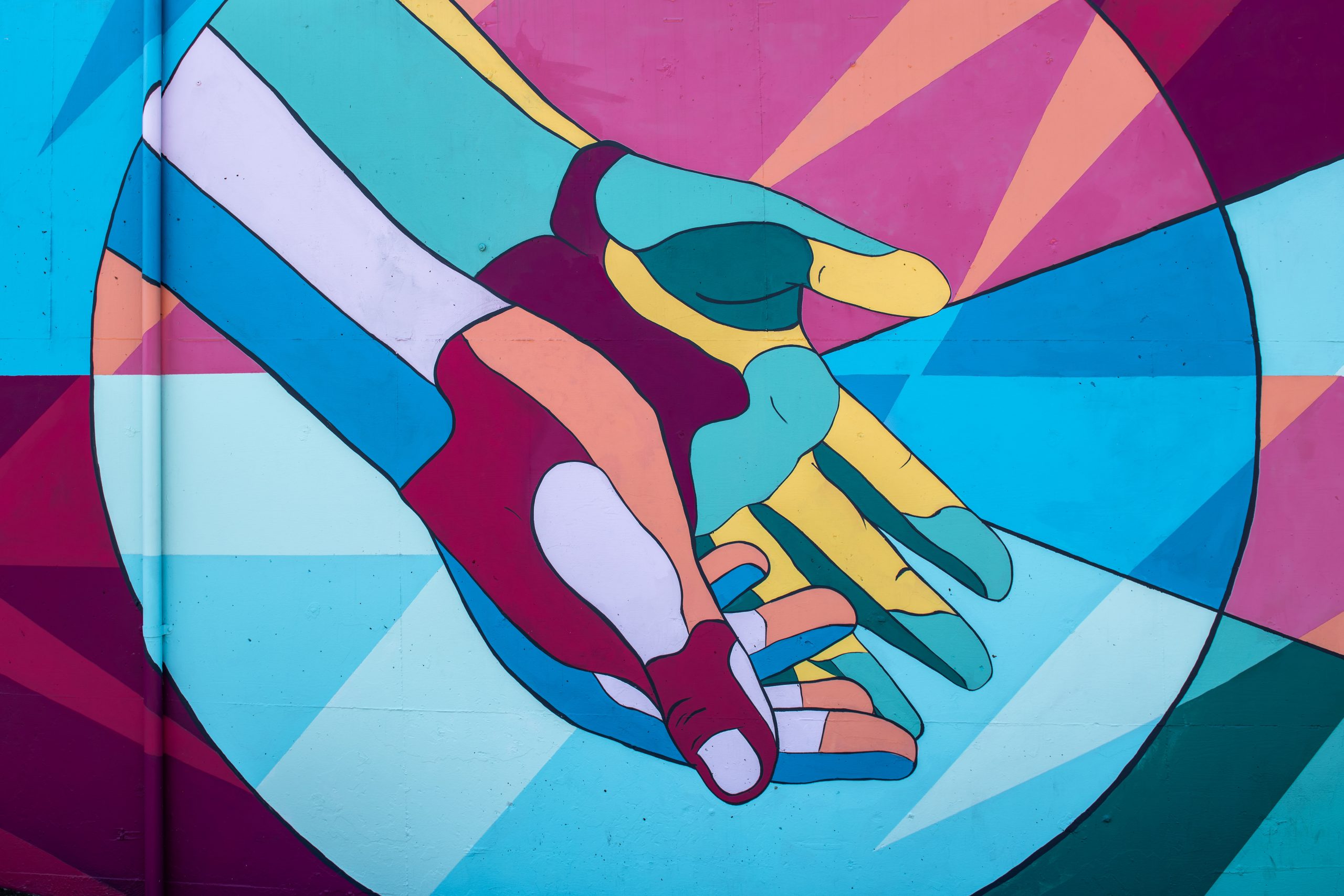Dr. Darren Dias teaches in St. Michael’s Faculty of Theology, specializing in Trinity, Religious Diversity, and teaching methods. He is currently working of a SSHRC funded project with colleagues Gilles Routhier (Laval) and Michael Attridge (St Michael’s) entitled: “One Canada, Two Catholicisms: Divergent Evolutions in the Catholic Church in Quebec And Ontario, 1965–1985.”
Burning up Privilege

On May 10 the University of St. Michael’s College hosted a colloquium on the role of the Catholic university in the 21st Century. A statement was made by one of my co-panelists and colleagues that “racists should be welcome here [St. Mike’s] in love and in truth.” If the statement itself was surprising, perhaps the silence with which it was met was even more so. Not one participant, me included, no one from among the faculty, staff, or leadership challenged that statement.
Perhaps there were reasons for not responding. Zoom is not the most conducive medium to discuss difficult topics. It’s likely that some people were simply not paying attention behind their faceless Zoom screens. People may not have wanted to draw attention to a remark that might have drawn us away from what they thought were more important foci of the colloquium. Or else there may still be a certain amount of discomfort talking about issues such as racism, sexism, homophobia, etc., even in an open academic forum, whether on Zoom or in person. But as the days passed after the colloquium, I thought about what the statement “racists should be welcome here in love and in truth” and the idea that a “discussion group for racists” could be established at St. Mike’s sounded like for the few racialized students and staff participating in the colloquium. And then I thought about the effects of our silence. Increasingly, I felt that not saying anything was irresponsible of me.
As astounding as it might seem in 2021, to my knowledge, I am the only racialized member of the teaching faculty at St. Mike’s. As such, it is has become both my privilege and responsibility to speak to racism and to try to advocate for those who are underrepresented in the academy whenever I can. My seemingly broken record interventions are authentically welcomed by my colleagues. There is no small amount of irony that I do what is expected of me, performing my own racialized identity in my interventions. A few years ago, my then only female colleague in my faculty and I lamented the conventional roles we played in faculty meetings and discussions. She found herself gently but firmly drawing our attention to sexist language and micro-aggressions as though this had become her responsibility instead of a shared responsibility of all community members. Maybe that’s why I didn’t say anything at the time; maybe I hoped someone else would.
If indeed silence is consent, then such statements should not be met with silence. The statement “racists should be welcome here in love and in truth” is provocative and merits response, especially for the sake of the few racialized participants in that colloquium as much as for the wider St. Mike’s community. I’d like to now say what I should have said then: racists should not be welcome at St. Mike’s.
A Catholic university is not a parish, or pious association, or a catechetical institute. Like any university, it is a place for serious, critical, and rigorous academic dialogue and debate. These dialogues and debates are based on accepted facts and not opinions. Racist beliefs and theories are predicated on theories of white supremacy. While these theories may have been taken seriously many years ago in disciplines like phrenology, biology, philosophy, and theology, they have since been debunked based on evidence (or lack thereof) and uncovered for what they truly are. No academic discipline holds even a remote possibility that theories of white supremacy are true or worthy of debate. Further, they are not only false but exceedingly dangerous. Having a discussion group for racists would be akin to inviting people who contend that the earth is flat to an academic discussion with members of the astronomy department or asking biologists to debate the merits of spontaneous generation.
The idea that racists should be welcomed or a discussion group for racists be established on campus seems to be predicated on the questionable claim that catholicity means a Derridean form of “pure” or “absolute” hospitality. Absolute hospitality “welcomes whomever or whatever arrives, without calculation or limit, without concern for self-protection… [it] entails the surrender of one’s home, one’s identity, even one’s life.”[1] This contrasts “conditional” hospitality as the gracious and willing “reception of a guest into safe and friendly space.”[2] All hospitality, in reality and practise, is conditional with “thresholds of possibility, limits and conditions that allow hospitality to be what it is.”[3]
For St. Benedict, all guests, strangers and pilgrims, should be welcomed as if they were potentially Christ. Chapter 53 of the Rule of St. Benedict instructs the monks, however, that before the stranger can be welcomed into the community, the superior and brothers must first meet the stranger in charity and pray together for peace, before exchanging the kiss of peace (the sign of welcome). The wise and prudent Benedict warns his monks that the kiss of peace should not be exchanged until it can be established that the stranger brings peace and not “the devil’s deceptions” into the community. Even for Western Christianity’s great proponent of welcome, hospitality has its limits when it poses a threat to the wellbeing of the community. Racism is not just a bad idea but an embodied practice that threatens the psychic, psychological, spiritual, and physical well-being of members of the university community. Racialized members already find themselves at risk in so many ways outside of the aspirational safe and friendly space of the Catholic university. Thus, racists should not be welcome into the space of the Catholic university.
One of my colleagues once offhandedly used the term “burning up privilege.” It has stuck with me ever since. He was referring to ways in which he used up his own acknowledged privilege as a white male university professor to empower others—something he does intentionally and regularly. We “burn up” the privilege that we have not earned to draw others into safe and friendly spaces for exchange, rigorous and critical debate. I think this is what a popular rabbi and itinerant preacher from Nazareth did about 2,000 years ago when he “burned up” his privilege to touch lepers, allowed himself to be touched by prostitutes, ate with sinners and tax collectors, and spoke publicly against religious and social structures that dehumanized. He burned up his privilege, sharing it with those without in order to empower them. Eventually he burned it all up. And we know where that got him. No one was willing to burn up their privilege for him: neither his elite followers nor his most intimate friends would speak up for him. In fact, they denied him into silence. He threw his lot in with the likes of Colten Boushie, Alana Cardinal, Breonna Taylor, Joyce Echaquan and the countless other victims of racism today.
[1] Jessica Wrobleski, The Limits of Hospitality (Collegeville: Liturgical Press, 2012) 22.
[2] Wrobleski, xi.
[3] Wrobleski, xi.
Read other InsightOut posts.

